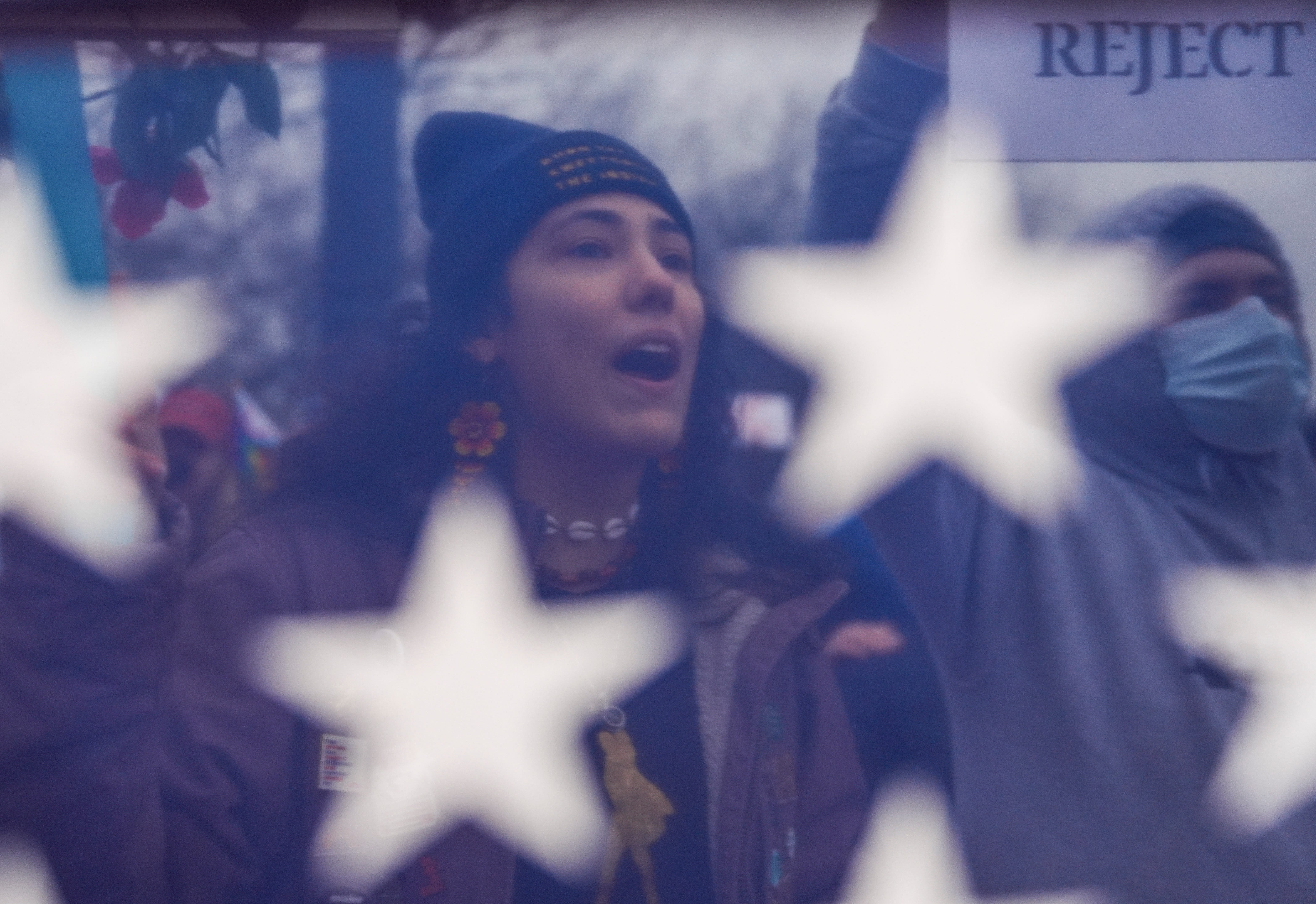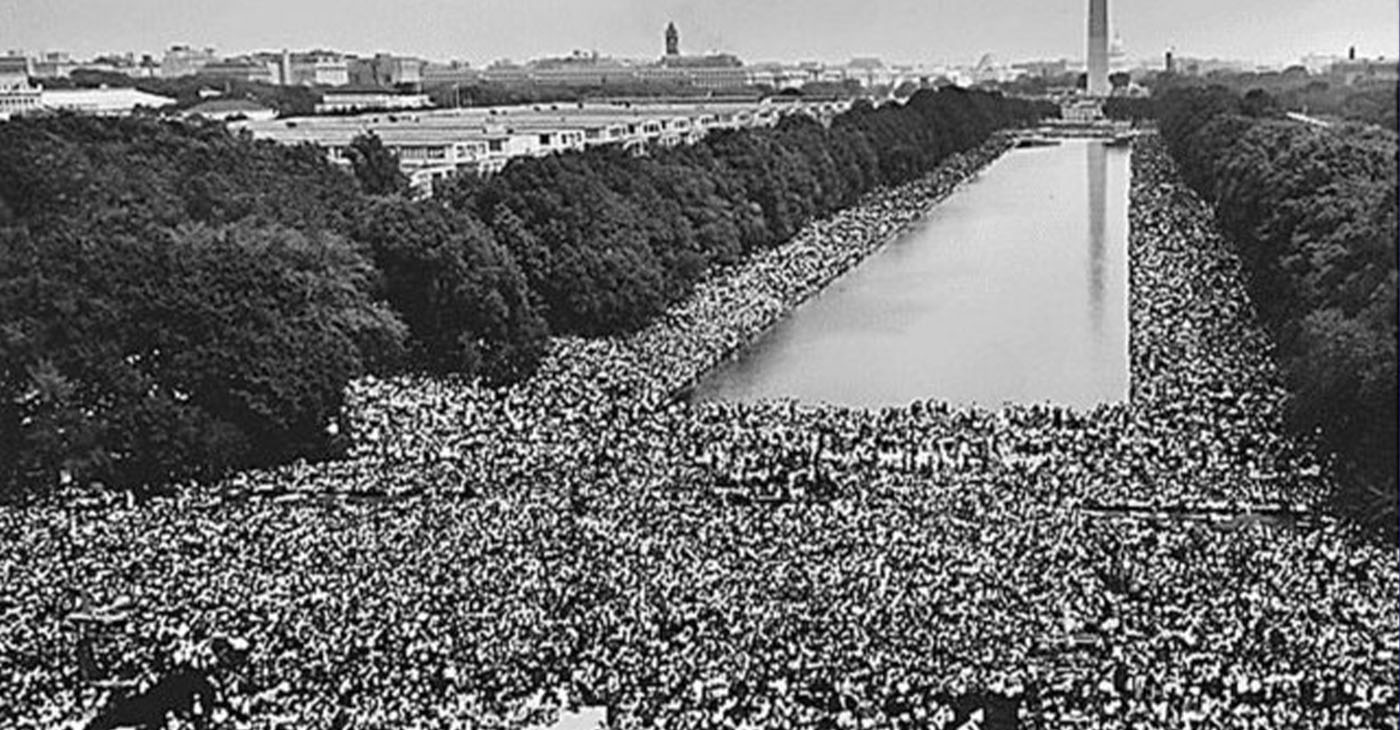Arkansas "Whites Only" Land Movement Sparks Controversy, Raises Concerns Nationwide
In a recent interview at the newly established Patriot Front gym in Texas, Eric Aarvoll, the founder of the contentious "Return to the Land" movement, articulated his vision for creating racially exclusive communities in Arkansas. This movement, which explicitly advocates for a "Whites only" community, has ignited a firestorm of debate and concern across the United States as it raises questions about race, identity, and the implications of such segregationist ideologies.
Background & Context
The "Return to the Land" movement is rooted in a desire to establish a racially homogeneous community that Aarvoll believes is necessary for the preservation of European and American cultural traditions. In his discussion with Jake from the Patriot Front, Aarvoll outlined his motivations, which he claims stem from a need to rebuild society based on the religious and philosophical tenets of European heritage. This movement is not an isolated phenomenon; it joins a troubling trend of racially motivated initiatives across the United States, reminiscent of historical segregationist practices.
As previously reported, similar movements have emerged in various forms, echoing sentiments of white nationalism and a retreat from multiculturalism. These groups often cite a perceived threat to their way of life from demographic changes and social integration, leading to a resurgence of racial exclusivity in certain communities.
Key Developments
During the interview, Aarvoll detailed his plans to acquire land in Arkansas to establish a community where individuals who identify as white can live and thrive without the influence of what he terms “multicultural pressures.” He expressed a belief that such a community is essential for fostering a sense of identity and belonging among its members. "We need to create spaces where our traditions and values can flourish," Aarvoll stated, emphasizing his commitment to preserving what he perceives as a threatened culture.
The movement has garnered attention not only for its racially charged rhetoric but also for the potential implications it holds for local communities and national discourse on race relations. Critics argue that promoting a "Whites only" ideology is a dangerous regression that undermines the principles of equality and inclusivity that are foundational to American society. The movement"s existence raises urgent questions about how far individuals and groups are willing to go to segregate themselves based on race.
\n\n
Image for Arkansas "Whites Only" Land Movement Sparks Controversy, Raises Concerns Nationwide
Broader Impact
The emergence of Aarvoll"s movement highlights a growing divide in American society regarding race and identity. Experts suggest that such movements can lead to increased polarization and conflict, as they often attract individuals with extremist views who may feel empowered to act on their beliefs. This is particularly concerning in light of recent incidents of racially motivated violence across the country, which have prompted calls for greater scrutiny of hate groups and their activities.
Moreover, the movement"s rhetoric and objectives resonate with a segment of the population that feels disenfranchised by rapid social changes. As seen in other regions, such as in Novi Pazar, where tensions flared amid separatist sentiments, the potential for conflict is palpable. The intersection of race, identity, and community governance raises profound implications for how society navigates these contentious issues moving forward.
What"s Next
As the "Return to the Land" movement gains traction, local and national leaders will likely face increasing pressure to respond to its implications. Community organizers and civil rights advocates are already mobilizing to counteract the influence of such movements, emphasizing the importance of solidarity and inclusivity in fostering diverse communities. Legal challenges and public demonstrations may arise as activists seek to challenge the legitimacy and impact of racially exclusive ideologies.
Looking ahead, it will be crucial to monitor how Aarvoll"s plans unfold and whether they gain any significant foothold in Arkansas or elsewhere. The national conversation surrounding race, identity, and community cohesion is set to intensify, with ongoing developments promising to shape the future landscape of American society. As previously reported, these discussions are not isolated but are part of a broader dialogue on race that resonates across various sectors and regions, demanding attention from policymakers, community leaders, and citizens alike.

Image for Arkansas "Whites Only" Land Movement Sparks Controversy, Raises Concerns Nationwide







![[Video] Gunfire between Iraqi security forces and Sadr militias in Baghdad](/_next/image?url=%2Fapi%2Fimage%2Fthumbnails%2Fthumbnail-1768343508874-4redb-thumbnail.jpg&w=3840&q=75)
